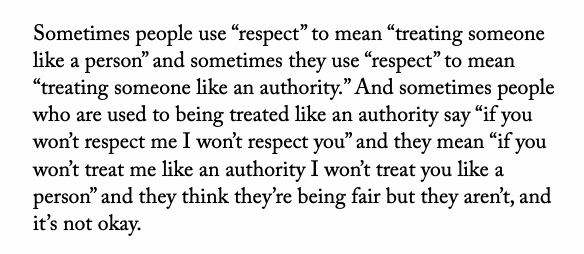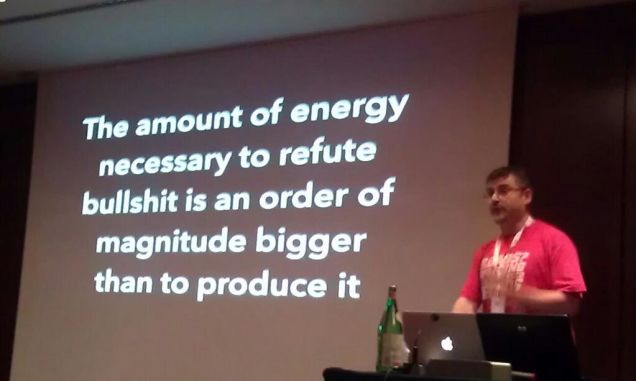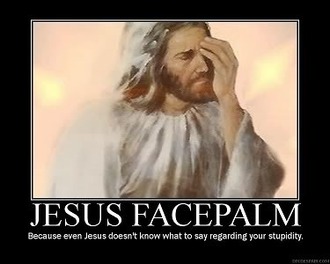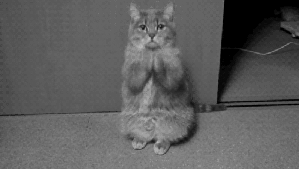The White Bear approaches a poor peasant and asks if he will give him his youngest daughter; in return, he will make the man rich. The girl is reluctant, so the peasant asks the bear to return, and persuades her in the meantime. The White Bear takes her off to a rich and enchanted castle. At night, he takes off his bear form in order to come to her bed as a man, although the lack of light means that she never sees him.
When she grows homesick, the bear agrees that she might go home as long as she agrees that she will never speak with her mother alone, but only when other people are about. At home, they welcome her, and her mother makes persistent attempts to speak with her alone, finally succeeding and persuading her to tell the whole tale. Hearing it, her mother insists that the White Bear must really be a troll, gives her some candles, and tells her to light them at night, to see what is sharing her bed.
The youngest daughter obeys, and finds he is a highly attractive prince, but she spills three drops of the melted tallow on him, waking him. He tells her that if she held out a year, he would have been free, but now he must go to his wicked stepmother, who enchanted him into this shape and lives in a castle east of the sun and west of the moon, and marry her hideous daughter, a troll princess.
In the morning, the youngest daughter finds that the palace has vanished. She sets out in search of him. Coming to a great mountain, she finds an old woman playing with a golden apple. The youngest daughter asks if she knows the way to the castle east of the sun and west of the moon. The old woman cannot tell her, but lends the youngest daughter a horse to reach a neighbor who might know, and gives her the apple. The neighbor is sitting outside another mountain, with a golden carding comb. She, also, does not know the way to the castle east of the sun and west of the moon, but lends the youngest daughter a horse to reach a neighbor who might know, and gives her the carding-comb. The third neighbor has a golden spinning wheel. She, also, does not know the way to the castle east of the sun and west of the moon, but lends the youngest daughter a horse to reach the East Wind and gives her the spinning wheel.
The East Wind has never been to the castle east of the sun and west of the moon, but his brother the West Wind might have, being stronger. He takes her to the West Wind. The West Wind does the same, bringing her to the South Wind; the South Wind does the same, bringing her to the North Wind. The North Wind reports that he once blew an aspen leaf there, and was exhausted after, but he will take her if she really wants to go. The youngest daughter does wish to go, and so he takes her there.
The next morning, the youngest daughter takes out the golden apple. The troll princess who was to marry the prince sees it and wants to buy it. The girl agrees, if she can spend the night with the prince. The troll princess agrees but gives the prince a sleeping drink, so that the youngest daughter cannot wake him. The same thing happens the next night, after the youngest daughter pays the troll princess with the gold carding-combs. During the girl’s attempts to wake the prince, her weeping and calling to him is overheard by some imprisoned townspeople in the castle, who tell the prince of it. On the third night, in return for the golden spinning wheel, the troll princess brings the drink, but the prince does not drink it, and so is awake for the youngest daughter’s visit.
The prince tells her how she can save him: He will declare that he will not marry anyone who cannot wash the tallow drops from his shirt since trolls, such as his stepmother and her daughter, the troll princess, cannot do it. So instead, he will call in the youngest daughter, and she will be able to do it, so she will marry him. The plan works, and the trolls, in a rage, burst. The prince and his bride free the prisoners captive in the castle, take the gold and silver within, and leave the castle east of the sun and west of the moon.






















